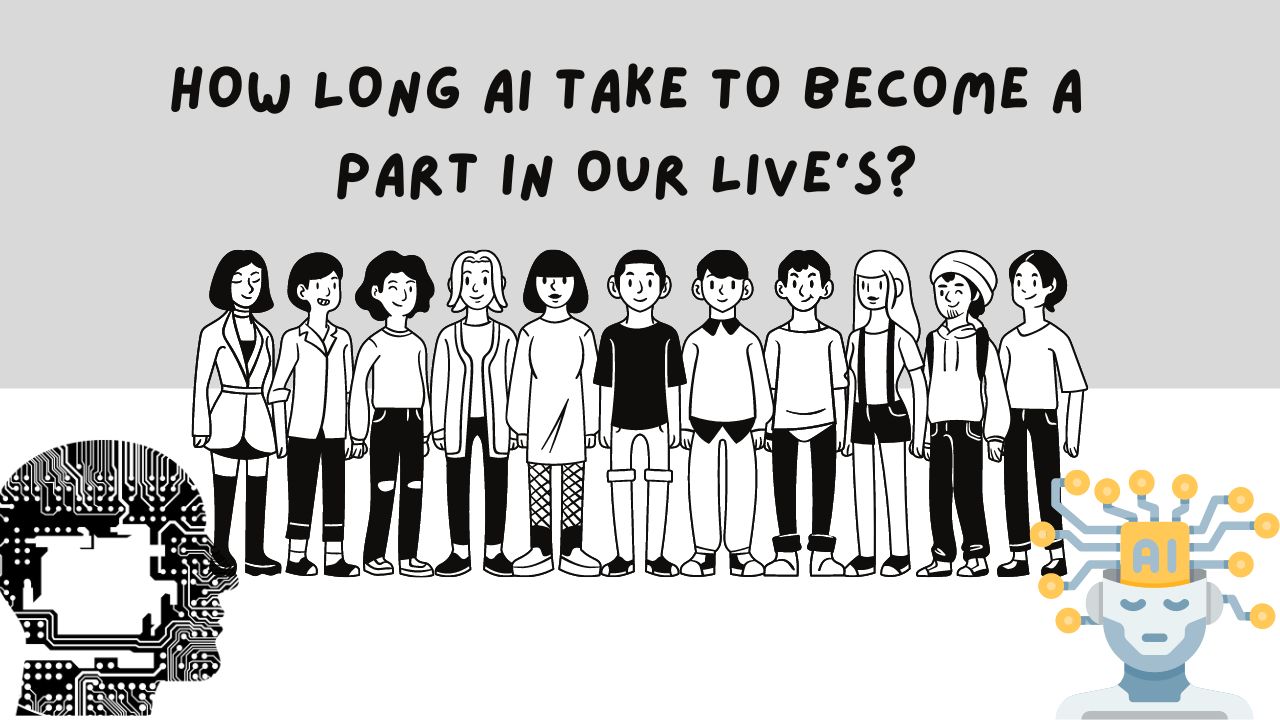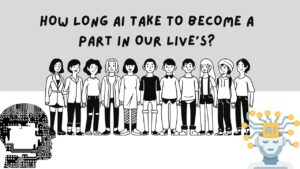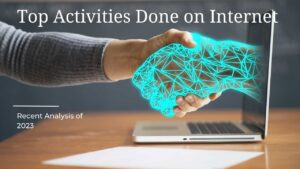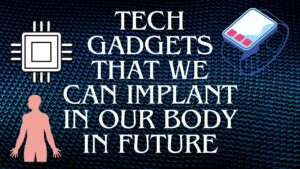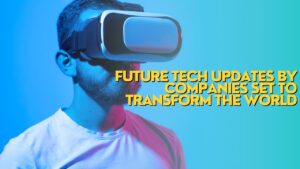We’ve all seen the movies: robots seamlessly integrated into our lives, handling everything from household chores to complex surgeries. But how far are we from that reality, and how long will it take for AI to truly become an inseparable part of our daily routines?
- when will AI become more than just a helpful tool and truly feel like a companion, a partner in our daily lives?
- So, what does the future hold?
- FAQ:
- Q: I'm not comfortable with the idea of AI making decisions for me. Can I choose to opt out?
- Q: How will AI impact jobs? Will robots take over our work?
- Q: What are the biggest challenges to AI integration in society?
- Q: How can I prepare for a future with AI?
- Q: What excites you most about the future of AI?
The truth is, AI is already woven into the fabric of our lives, though often subtly. From the personalized recommendations on your favorite streaming service to the spam filter catching unwanted emails, AI algorithms are quietly working behind the scenes.
However, the question remains:
when will AI become more than just a helpful tool and truly feel like a companion, a partner in our daily lives?
There’s no simple answer, as the timeline depends on several factors:
1. The Evolving Landscape of AI:
The field of AI is constantly evolving. New breakthroughs happen regularly, pushing the boundaries of what’s possible. For instance, advancements in natural language processing (NLP) are allowing AI systems to understand and respond to human language with increasing accuracy and nuance. This paves the way for more natural interactions between humans and AI, a crucial step towards them becoming integrated companions.
2. Societal Acceptance and Ethical Considerations:
The widespread adoption of AI also hinges on public acceptance and addressing ethical concerns. Issues like bias in algorithms, data privacy, and the potential job displacement caused by automation need careful consideration and responsible implementation to ensure AI integration happens smoothly.
3. Infrastructure and Accessibility:
For AI to become ubiquitous, the necessary infrastructure needs to be in place. This includes robust internet connectivity, affordable access to AI-powered devices, and the development of user-friendly interfaces that make interacting with AI accessible to everyone, not just tech-savvy individuals.
4. The Specific Application of AI:
The timeline for AI integration also varies depending on the specific application. For instance, AI-powered assistants in our homes might reach a high level of integration sooner than complex AI used in self-driving cars, which face more stringent safety regulations and require more robust infrastructure.
So, what does the future hold?
Experts offer a range of predictions. Some believe significant advancements will occur within the next decade, with AI becoming deeply embedded in various aspects of our lives. Others posit a more cautious timeline, emphasizing the need to address the challenges mentioned above before widespread integration can happen.
Here’s a glimpse of what the future might hold:
- Enhanced automation: AI will handle more mundane tasks, freeing up our time and energy for creative pursuits and social interactions. Imagine AI-powered systems managing our schedules, coordinating logistics, and even personalizing our environments for optimal comfort and productivity.
- Personalized experiences: AI will tailor experiences to our individual needs and preferences, from curating content and recommending products to offering personalized healthcare and education.
- Augmented intelligence: AI will act as an extension of our minds, providing real-time assistance with decision-making, problem-solving, and learning. Imagine AI assistants offering relevant information and insights as we navigate complex situations.
The road ahead for AI integration is exciting yet intricate. While the timeline remains uncertain, one thing is clear: AI is here to stay, and its impact on our lives will only continue to grow. Embracing this change with a focus on ethical considerations and responsible development will be crucial in shaping a future where AI serves as a valuable partner, not a replacement, for our human experience.

FAQ:
Q: I’m not comfortable with the idea of AI making decisions for me. Can I choose to opt out?
That’s a valid concern. The future of AI should prioritize user control and transparency. You should have the option to choose the level of involvement AI has in your life, whether it’s just providing suggestions or making automated decisions based on your preferences.
Q: How will AI impact jobs? Will robots take over our work?
Automation through AI will undoubtedly change the job landscape. However, it’s important to remember that AI is not meant to replace humans entirely. Instead, it can take over repetitive tasks, allowing us to focus on more creative and strategic areas that require human ingenuity and judgment.
Q: What are the biggest challenges to AI integration in society?
Several challenges need to be addressed, including:
- Bias: Ensuring AI algorithms are unbiased and don’t perpetuate discrimination requires careful development and ongoing monitoring.
- Data privacy: Protecting individual privacy and ensuring responsible data collection and usage will be crucial.
- Ethical considerations: We need to have open discussions and clear guidelines around the ethical implications of AI, especially regarding areas like decision-making and potential misuse.
Q: How can I prepare for a future with AI?
Here are some ways to prepare:
- Stay informed: Keep yourself updated on developments in AI and its potential impact on various aspects of life.
- Develop critical thinking skills: Learn to critically evaluate information and make informed decisions, regardless of whether AI is involved.
- Embrace continuous learning: As the world evolves with AI, be open to learning new skills and adapting to changing environments.
Q: What excites you most about the future of AI?
The potential for AI to improve our lives in numerous ways is what excites me most. Imagine AI assisting in scientific breakthroughs, personalized healthcare that caters to individual needs, or educational tools that adapt to different learning styles. With responsible development, AI can become a powerful tool for positive change.
Remember, this is just the beginning of the conversation. The development and integration of AI is an ongoing process, and it’s up to all of us to participate in shaping its future. By staying informed, engaging in open discussions, and demanding responsible development, we can ensure that AI becomes a force for good, empowering us to build a better future for ourselves and generations to come.
